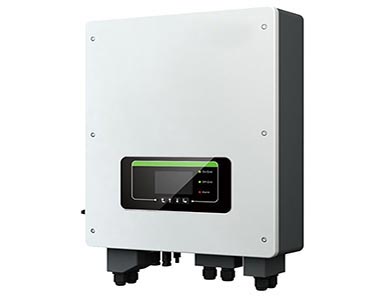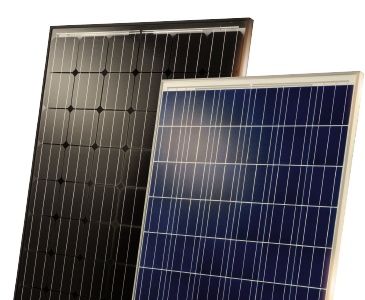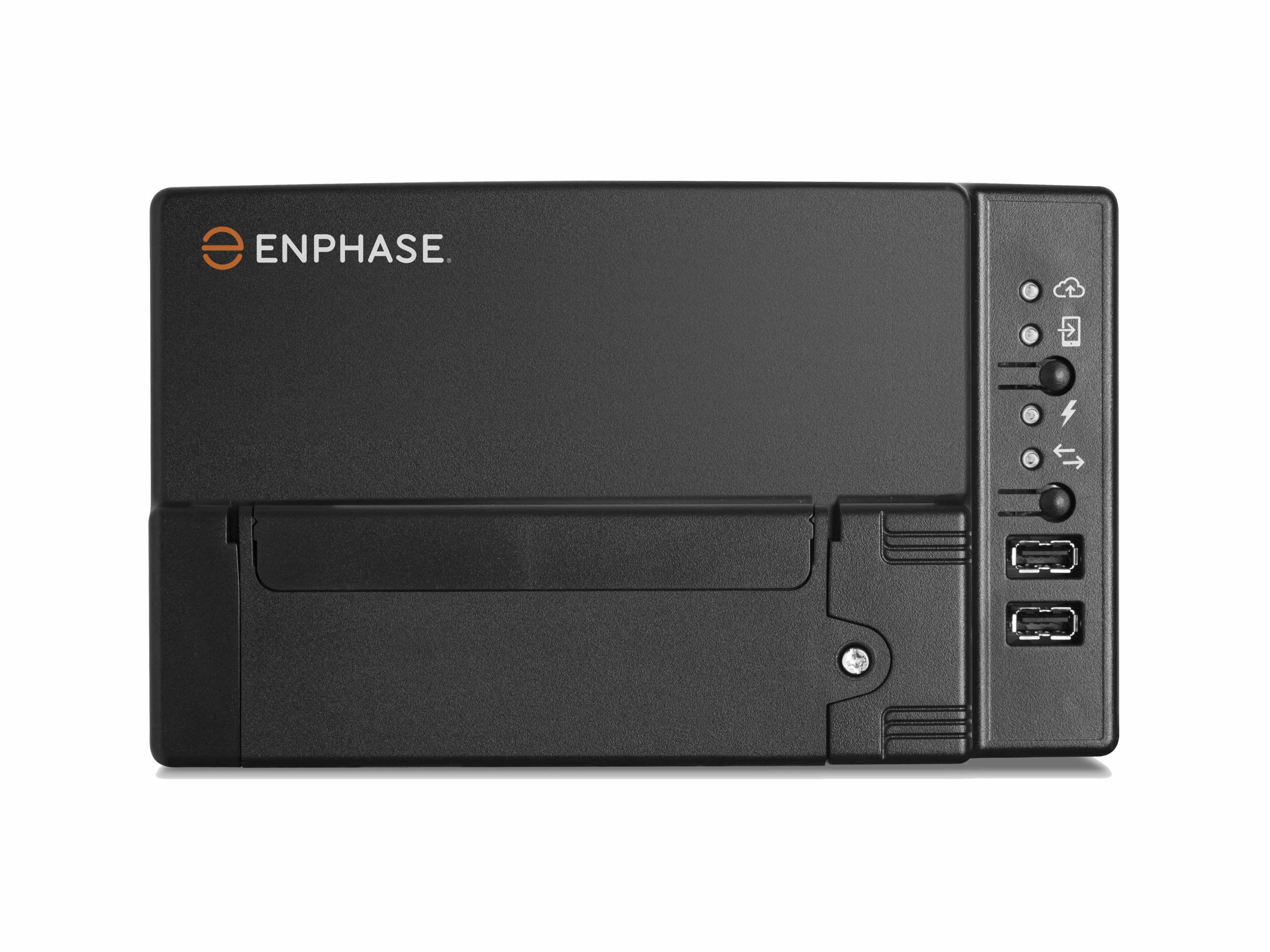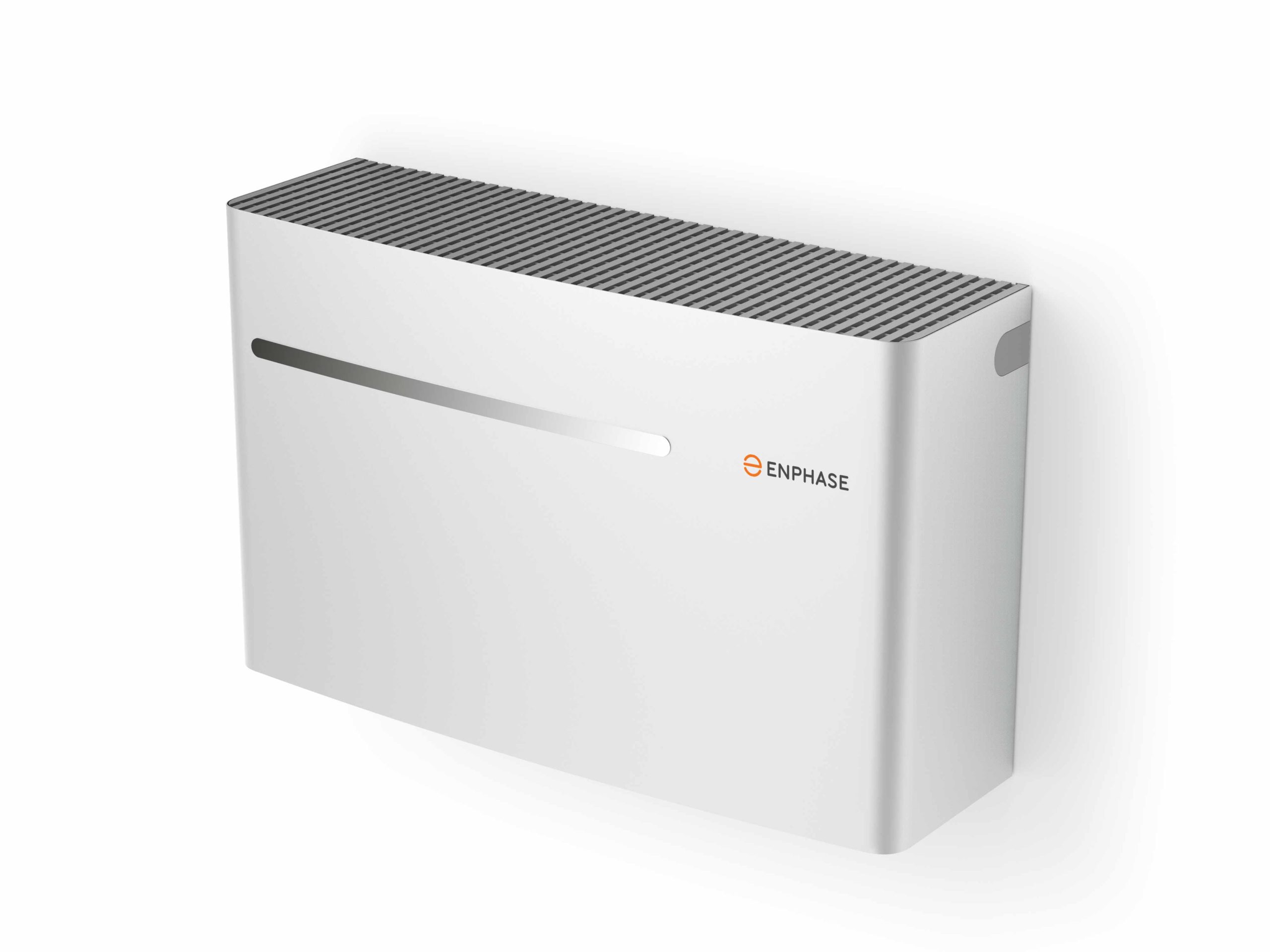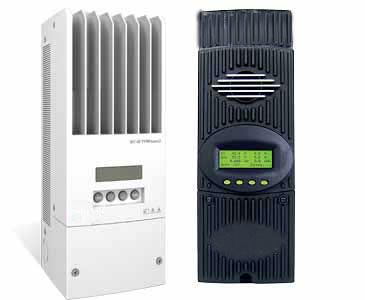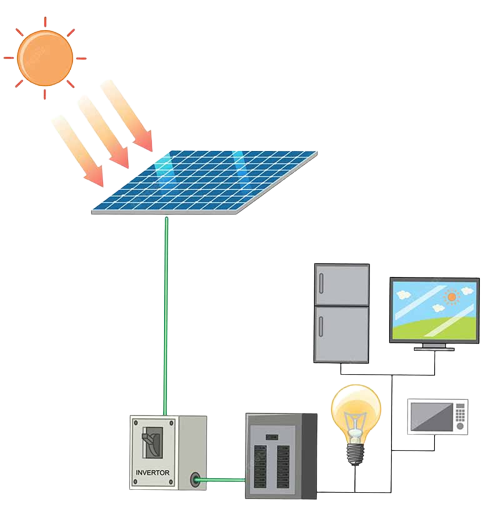
Solar energy solutions
PRODUCTS YOU NEED AND BRANDS YOU TRUST. AT COMPETITIVE PRICES
“The right products and prices, at the right time”
As the leading solar equipment distributor in the nation, we are among the first to receive the latest products and application techniques. Our national presence gives us tremendous buying power, ensuring you and your team always receive superior quality and value.
We offer a broad portfolio of solar products at competitive prices with a commitment to customer satisfaction from selection to ordering, delivery, and beyond.
OUR OFFERED SOLUTIONS
“We are passionate about working on solar energy projects that both help the environment and produce highly positive social impacts. We’d love to work with you to build a healthier, greener, and more sustainable world.”

INDUSTRIAL SOLAR ENERGY
In the last decade, the number of businesses going green has grown rapidly. All industries are taking measures to enhance their environmental impact.
If you are considering industrial solar panels, like many businesses have already done, you are investing in a clean, green, and profitable future for your company

RESIDENTIAL SOLAR ENERGY
As a villa owner in Dubai. Residents can now install solar PV panels on the flat roof areas of their villas and generate usable electricity. These panels are connected to the MDB (Main distribution board) of the villa.
The solar electricity generated is up to 70% cheaper than DEWA grid power, therefore reducing and even zeroing monthly bills.
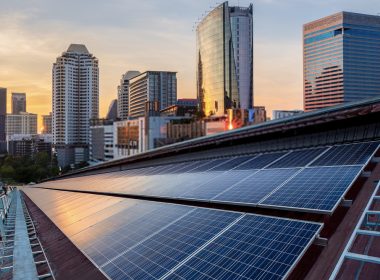
COMMERCIAL SOLAR ENERGY
Many of our customers state the fact that their business is solar-powered in all their marketing literature and communications.
If your business is not too power-hungry, you can become carbon neutral with a solar power system that offsets your carbon footprint 100%.
Contact us to learn more..
POPULAR CATEGORIES
Recent Posts
frequently asked questions
The Sun Doesn’t Just Provide Warmth And Light – It’s Also A Source Of Energy.
Solar Energy Is The Energy We Generate From Sunlight. We Can Convert Energy From The Sun’s Rays Into Electricity That Can Power Our TVs, Refrigerators, Lights And Other Appliances.
The Essential Components:
-
Solar Panels, To Capture Energy From The Sun
-
An Inverter, To Convert That Energy To A Format That Can Power Your Appliances
-
Racking, The Foundation On Which You Mount Your System
But If You Are Off The Grid, You’ll Need Additional Parts:
-
Batteries, To Store The Energy You Generate
-
Charge Controller, To Control The Rate At Which Batteries Charge From Solar
Here Are Some Reasons Why You Might Choose Solar Over Another Source Of Power:
-
Renewable: Sunlight Is An Infinite Resource. It’s Not Like Oil, Which We Remove From The Earth And Spend When We Use It. The Sun’s Rays Can Be Harvested For Energy Over And Over Again Without Depleting The Source.
-
Lower Electric Bills: As A Replacement For Grid-Tied Properties (Anywhere With Access To Power Lines), Solar Power Costs Just A Fraction Of What You Pay The Utility Company Each Month. A Properly Sized System Can Drop Your Electric Bill To $0.
-
Remote Power: If You Live In A Remote Location, It May Be Too Expensive Or Impossible To Run Power Lines To Your House. Solar Power Systems Generate Energy When You Can’t Hook Into The Power Grid.
-
Improve Property Value: Homes Equipped With Solar Systems Sell For 4% More Than Equivalent Homes Without Solar.
Grid-Tie Solar Systems Store The Power They Generate In The Public Utility Grid. In Return, The Utility Company Credits Your Account For The Excess Power You Generate. Those Credits Can Be Claimed To Draw Power From The Grid When The Sun Isn’t Out (At Night Or During Poor Weather).
Every Utility Company Has Their Own Policy Which Outlines The Rates At Which Solar Customers Are Credited And Billed For Power. This Agreement Is Known As A Net Metering Policy.
Most Manufacturers Guarantee Under Warranty That Their Panels Will Be At Least 80% Efficient For 25 Years.
When The Warranty Is Up, The Panels Don’t Break Down. They Simply Keep Working At A Reduced Output. A Panel That Is Rated At 300 Watts, For Example, Would Still Produce 240 Watts Of Output At The End Of 25-Year.
Other Parts Like Inverters And Batteries Have A Shorter Lifespan. You Should Expect To Replace These Parts At Least Once Over The Life Of Ownership, And Those Replacements Should Factor Into Total Costs Over The Life Of The System.
Inverters Are Warrantied For 10-20 Years. Expect To Replace Your Inverter Once Or Twice In Your System’s Lifespan.
If You Include Batteries With Your System, Those Will Also Need To Be Replaced. Lead-Acid Batteries Typically Last 3-7 Years Depending On How Well You Maintain Them. Lithium Batteries Are Warrantied For 10-15 Years.
The Concept Of Solar Panel Efficiency Is Often Misunderstood. Most Panels Have An Efficiency Rating In The Range Of 15-25%, Which Sounds Really Low Without Context.
Some People Hear This And Think, “Wow, I Only Get 20% Of The Production From My Panel? That Sounds Like A Waste.” The Assumption Is A 100-Watt Panel Would Only Produce 20 Watts Of Power. But That’s Not What We Mean When We Talk About Efficiency.
In Reality, The Efficiency Rating Measures How Much Of The Sun’s Potential Energy Is Converted To Solar Power. Using The Same Example, A 100-Watt Panel With A 20% Efficiency Rating Will Absorb 20% Of The Potential 500 Watts Of Continuous Power Coming From The Sun.
Don’t Sweat Too Much About Panel Efficiency. The Only Real Benefit To More Efficient Panels Is That They Fit More Solar In Less Space.
High-Efficiency Panels Matter If You’re Trying To Build In A Tight Space, But There’s Nothing Wrong With Building A Larger Array With Less Efficient Panels. The Latter Option Typically Reduces The Overall Cost Of The System (Because Less Efficient Panels Have A Lower Cost-Per-Watt, All Other Things Being Equal).
A Solar Inverter Converts DC (Direct Current) Into AC (Alternating Current).
Solar Panels Generate DC Power, But Most Household Appliances Run On AC Power. The Inverter Simply Takes The Energy You Generate And Turns It Into A Format That Can Power Your Electrical Loads.
Batteries Are Mandatory For Off-Grid Systems And Optional For On-Grid Systems.
Every Solar Energy System Needs A Method To Store The Power Generated By The Panels. With On-Grid Systems, You Can Feed That Energy Into The Utility Grid, Essentially Using The Grid As A Giant Battery.
Under A Net Metering Agreement, The Utility Credits You For Anything You Contribute, And You Can Use Those Credits To Withdraw Power From The Grid Whenever You Need It. With The Grid Serving As An Energy Storage System, On-Grid Systems Don’t Need Batteries To Function.
Off-Grid Systems Are Different. Without Grid Access, You Need To Store Your Own Power, And That Means Batteries Are Mandatory. Off-Grid Systems Are Quite A Bit More Expensive Due To The Inclusion Of Batteries, But Can Still Be Cost-Effective As An Alternative To Running Power Lines To A Remote Property.
So Where Should You Mount Your Panels:
Our Default Choice Is To Put Them On Your Roof If You Have Room. Rooftop Solar Is Less Expensive To Install Because The Support Beams Act As A Foundation For The Mounting Hardware. You Save On Materials And Labor Because You Don’t Need To Build A Substructure To Hold The Weight Of The Array.
The Alternative Is A Ground Mount—A Standalone Metal Or Aluminum Framework Built Somewhere On Your Property To Mount The Solar Array. Ground Mounts Cost More Because You Have To Buy The Pipe For The Frame, But They Are Easier To Access For Maintenance And Repairs (No Climbing On Your Roof).
A Pole Mount Is Simply A Tall Pole That Lifts Your Solar Array Higher Off The Ground Than A Traditional Ground Mount.
Pole Mounts Are Great For Snowy Climates. The Elevated Mount Gives The Array Extra Clearance, So The Array Doesn’t Get Buried In A Snow Bank During The Winter.
Pole Mounts Can Also Be Tilted At A Steeper Angle, Which Helps Snow Buildup Slide Off The Face Of The Panels, Keeping Them Free Of Obstructions And Producing Closer To Their Peak Output.
It Shouldn’t Come As A Surprise That Solar Performs Better In Sunny Climates. Some Regions Get More Sun Hours Per Day, Which Gives Your System A Bigger Window Each Day To Hit Peak Production.
UAE Gets An Average Of 8 To 10 Hours Of Sunshine A Day Year Round Which Is Quite A Bit Of Variation. A System Built In A Place Of 5 Hours Sun Exposure Needs To Be Nearly Twice As Large As A System Built In 10 Hours Sun Exposure To Produce The Same Amount Of Power!
No Tax Or Other Incentives Are Currently Being Offered In UAE For Commercial Or Industrial Enterprises.
Solar Panels Require Very Little Maintenance. Most Of It Is Centered Around Clearing Debris Off The Panels, Which Would Block Sunlight From Hitting The Solar Cells And Hinder Production.
Solar Panels Are Very Durable Because There Are No Moving Parts, So There’s Very Little Maintenance On The Mechanical And Electrical Systems. If You Keep Panels Clear, Your System Needs Very Little Oversight.
A 2019 Study Suggests That Solar Homes Sell For 4% More Than Comparable Non-Solar Homes. Solar Is A Major Selling Point, So Long As The Homeowner Owns The Solar System.
Leased Systems Are A Different Story, As The Home Buyer Must Agree To Take On The Contract And Lease Payments From The Solar Installer.
Get Prices Now!
Send Us Your Requirement And One Of Our Team Member Will Get In Touch With You. For Urgent Inquiries Call Us At 056 2188363

